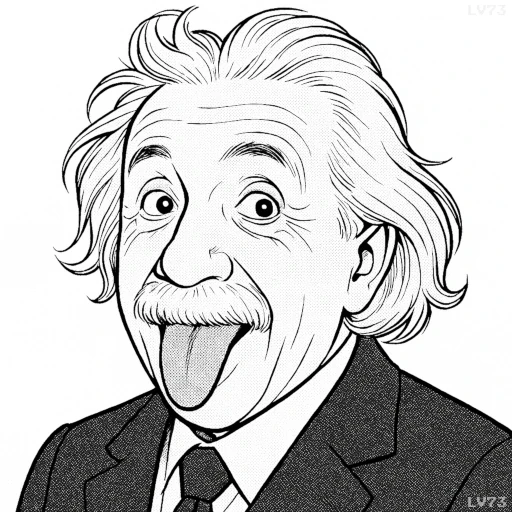“No amount of experimentation can ever prove me right; a single experiment can prove me wrong.”

- March 14, 1879 – April 18, 1955
- German-born Jew
- Physicist
table of contents
Quote
“No amount of experimentation can ever prove me right; a single experiment can prove me wrong.”
Explanation
In this quote, Einstein emphasizes the fundamental principles of scientific inquiry and humility in the pursuit of knowledge. He acknowledges that no matter how many experiments support a theory, there is always the possibility that one experiment could disprove it. This highlights the idea that science is never about achieving absolute certainty; rather, it is a continuous process of testing, refining, and challenging ideas. For Einstein, science is built on openness to being wrong, with progress driven by a willingness to adapt to new evidence.
Historically, this concept is central to the scientific method, which is based on falsifiability—the idea that a hypothesis must be testable and open to being disproven. Thinkers like Karl Popper argued that the strength of science lies in its ability to accept failure and learn from it. Scientific progress often involves discarding theories that no longer hold up under new evidence, as seen in paradigm shifts from Newtonian mechanics to Einstein’s relativity or the advancement from classical physics to quantum mechanics.
In today’s context, Einstein’s words serve as a reminder of the importance of intellectual humility and critical thinking. It encourages us to value questions and skepticism over certainty, recognizing that knowledge is provisional and always open to revision. This quote underscores the value of evidence-based thinking and reminds us that truth-seeking requires a mindset that is open, adaptable, and ready to embrace change when presented with new findings.
Would you like to share your impressions or related stories about this quote in the comments section?


